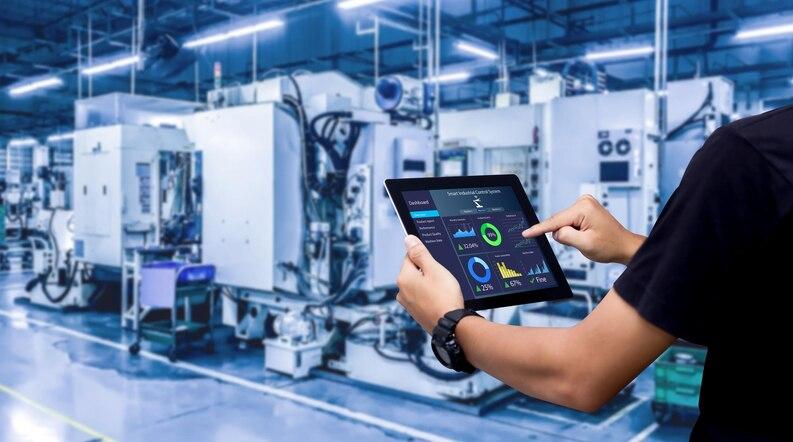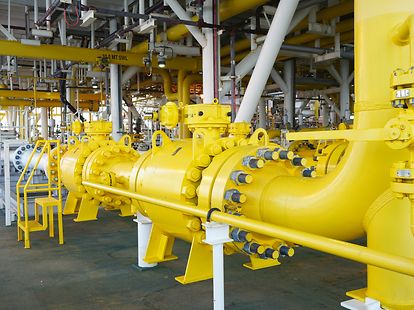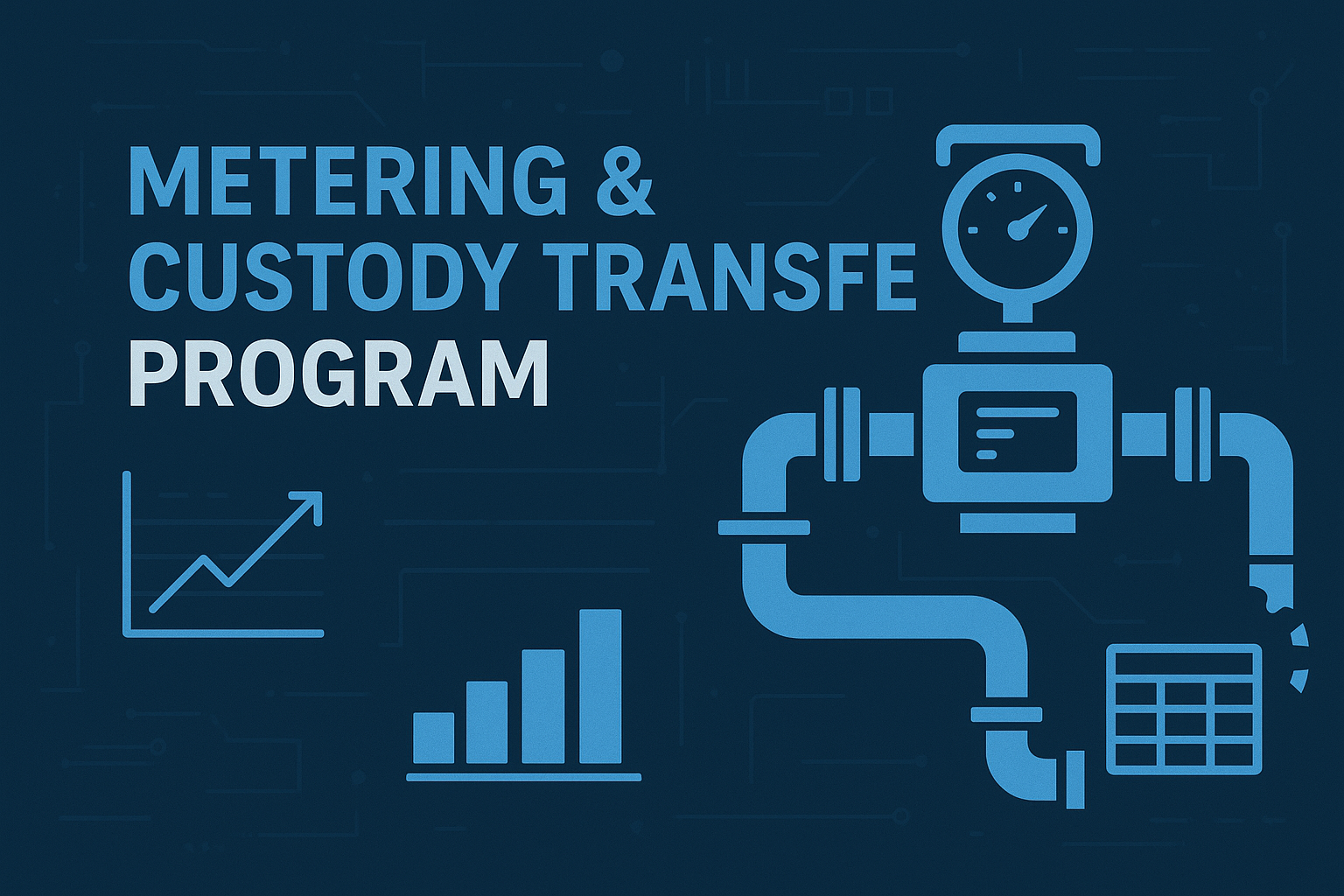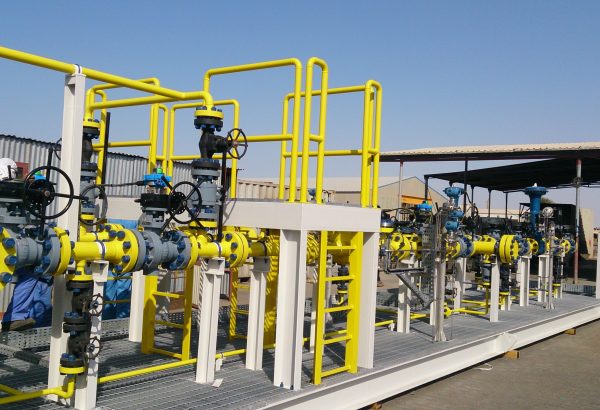

Participant will be able to:
This Intensive Ten-day instructional program covering the educational needs of Instrumentation and Control Engineers & Technicians, Plant Operators, Operation Engineers, Process and Utility Supervisors, Project Engineers & Technicians, and Suited to those personnel who require to be acquainted with the actual work carried out by instrument personnel and who are involved with instrumentation personnel on a daily basis. No specific prerequisite training or experience required for registration.
This interactive Training will be highly interactive, with opportunities to advance your opinions and ideas and will include;
Week One:
3) Electronic Transmission Systems
4) Level Measurement
5) Flow Measurement
6) Temperature Measurement
Week Two:
7) Control Valves and Actuators
8) Cntrol Valves Positioners and Converters
9) Closed Loop Control
10) Modes of Control
11) Tuning Control Systems
12) Complex Control
13) Examples of Different Control Loops
CDGA attendance certificate will be issued to all attendees completing minimum of 75% of the total course duration.
| Code | Date | Venue | Fees | Register |
|---|---|---|---|---|
| IE130-02 | 13-04-2026 | Rome | USD 6950 | |
| IE130-03 | 07-09-2026 | Kuala-Lumpur | USD 5950 | |
| IE130-04 | 18-10-2026 | Riyadh | USD 5450 |

The Flow Measurement and Custody Transfer training course is designed to provide comprehensive knowledge and practical skills for professionals involved in the measurement and transfer of fluid (liqui ...

This course aims to provide participants with the knowledge and practical skills needed to operate and maintain custody transfer metering systems, with a focus on accuracy, standards, calibration, and ...

A Custody Transfer Metering Operations course typically focuses on the principles, technologies, and procedures involved in the accurate measurement of fluids (such as oil, gas, or chemicals) during t ...
Providing services with a high quality that are satisfying the requirements
Appling the specifications and legalizations to ensure the quality of service.
Best utilization of resources for continually improving the business activities.
CDGA keen to selects highly technical instructors based on professional field experience
Since CDGA was established, it considered a training partner for world class oil & gas institution
3012, Block 3, 30 Euro Business Park, Little Island, Co. Cork, T45 V220, Ireland
Mon to Fri 09:00 AM to 06:00 PM
Contact Us anytime!
Request Info